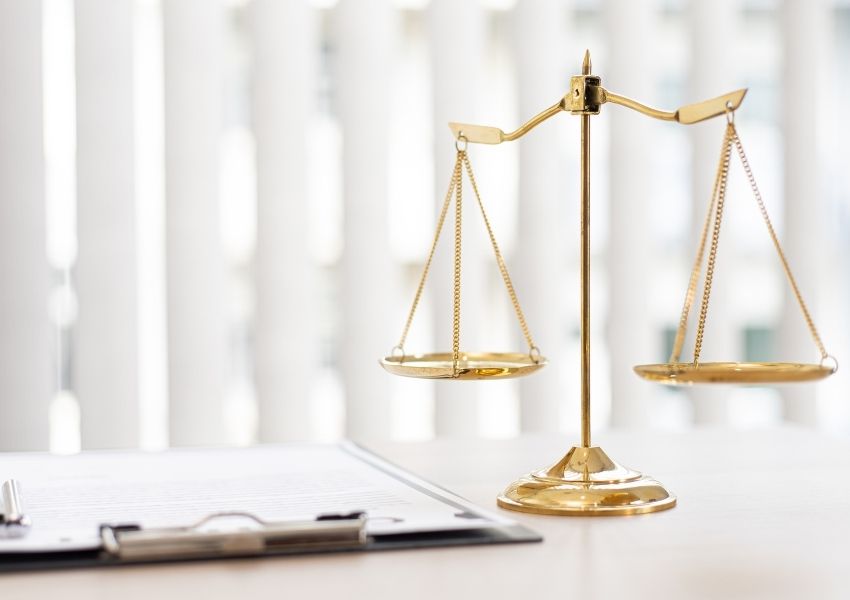Squatting, or occupying a empty house minus the owner’s approval, is really a process that is neither supported nor encouraged in any condition in the US. However, what the law states regarding Squatters’ rights is a little puzzling and may differ between states. Utah is no different, and understanding the legal components encircling Squatters’ legal rights in Utah is vital for property owners and tenants alike. In this particular post, we are going to discover Utah’s regulations on Squatters’ privileges and exactly how they protect Squatters at some level.
What are Squatters rights in Utah?
In squatters rights in utah have authorized legal rights, despite the fact that they are certainly not explicitly defined as this kind of in the state’s statutes. Squatters’ privileges are in essence legitimate arguments accustomed to rationalize remaining over a property that is not officially theirs. The authorized hypothesis behind Squatters’ privileges is called negative ownership, and Utah has acknowledged unfavorable possession since statehood. Under Utah regulation, a squatter may acquire authorized ownership of a property they may have occupied for about seven many years without the owner’s consent. The squatter’s ownership needs to be violent – that means they may be occupying the house with no owner’s approval – real, open up, popular, and exclusive. The squatter also needs to have paid for home taxation in that time. When the seven several years have passed, the squatter can file for a quiet headline action, which could allow them to end up being the lawful manager in the house.
Property owners and Squatters’ Proper rights
For property owners in Utah, Squatters’ proper rights can be a important issue. Property owners who enable a tenant to go in without completing a formal rent document enhance their threat the tenant may eventually be a squatter if they remain on the property right after the hire finishes or possibly is terminated. As soon as a renter transforms right into a squatter, property owners need to adhere to express statutes on eviction, which may take considerably longer to get rid of a squatter from a leasing home when compared to a normal renter.
The way to Safeguard Your Home towards Squatters in Utah
To avoid Squatters from occupying your property, property owners have to take methods to ensure the residence is just not deserted and never still left unattended. What this means is fully securing your property employing tresses and home security systems to ward off anybody who may try to break-in. If a landlord has reason to imagine that someone has moved onto their home unlawfully, it is fundamental to notify law enforcement immediately to initiate an eviction proceeding.
Implications for Squatters of Breaking up Utah Regulation
Squatters in Utah face illegal fees when they are caught splitting in a residence they are doing not very own or without having the owner’s approval. The state Utah has numerous laws and regulations that address various factors involved in Squatting, including legal trespass, burglary, and theft. Felony robbery comes with a probable 15-12 months prison sentence in Utah, although felony trespass in the house carries a possible prison phrase of 180 days and nights along with a good of $1,000. Squatters who continue to a property soon after an eviction proceeding determine orders placed these people to abandon can be arrested for trespassing.
Bottom line
Being familiar with Squatters’ privileges in Utah is important for landlords, tenants, and anybody who operates home in Utah. Whilst Squatting will not be a desired or legal process, knowing the authorized elements behind Squatters’ proper rights might help guard your home and stop Squatters from being entrenched. Landlords must take actions to guard their lease properties and remain vigilant for virtually any signs and symptoms of unlawful occupation, alerting police force when necessary. Lastly, it is vital to get an informed legal professional to assist navigate the legislation when a Squatting situation comes up.
In summary, Squatters have privileges in Utah, but those proper rights are limited. Home owners are required to follow Utah’s legal guidelines, get legal services when situations come up, and consider essential precautions to safeguard their property. Understanding of the Squatting regulations can be the finest defense to prevent any adverse thing case and shield your property.
